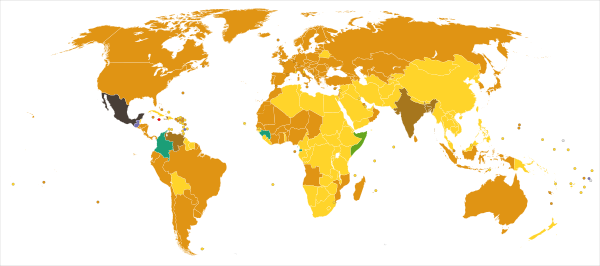About Us · About Wittgenstein · People · Quality Policy · Contacts · FAQ
The Ludwig Wittgenstein Project is a multilingual website whose aim is to make available as many of Ludwig Wittgenstein's works as possible, free of charge and with a free licence.
Excellent academic resources exist which provide a transcription of the Nachlass (WAB) and even scans of some of Wittgenstein's handwritten notes and manuscripts (Wittgenstein Source). However, those are mostly helpful for researchers who need to dive deep into the "raw" Wittgenstein; conversely, they are little use for the general public, for students, or for anyone who would simply step into a bookshop to buy a copy of the Tractatus or the Philosophical Investigations, in the original or in translation.
The Ludwig Wittgenstein Project provides complete, well-formatted, downloadable, free books in multiple languages. Our purpose is to remove the paywall that stands between the prospective reader and the text, as well as to make the text available to anyone who can't access a library.
Wittgenstein's originals, as well as some of the translations, are in the public domain (see Copyright below), while the translations that were purpose-made for this site are available under Creative Commons Attribution-Share Alike. You will find more specific information in the page of each individual work.
A not-for-profit endeavour, The Ludwig Wittgenstein Project was started in late 2020 by Michele Lavazza.
Haus Wittgenstein, Vienna. Photo by Aldo Ernstbrunner CC BY-SA.
Copyright
Originals
On 1 January 2022, Wittgenstein's works entered the public domain in those countries where rights expire 70 years after the death of the author: this includes most of the European Union, Africa, Asia and Oceania, most Latin American Countries and Canada. (The Ludwig Wittgenstein Project is based in Italy.)
In other Countries, including but not limited to the United States of America, the authour of a work having died more than 70 years ago is not a sufficient conditiond for determining its copyright status. It's your responsibility to comply with the laws of your country by making sure that a given work is in the public domain there before accessing it or downloading it. Please be aware that if the rights relating to the original text have not expired in your country, using a translation is not allowed either.
When a work is in the public domain, it can be used, remixed, translated, distributed, sold with no restrictions and without having to ask for permission, although some rights may still apply.
Translations
Some of the translations available on this site are in the public domain in those countries where rights expire 70 years after the death of the author (see § Originals above). Most of them, however, have been made on purpose by The Ludwig Wittgenstein Project: these are available under Creative Commons Attribution-Share Alike: this means that they can be used, remixed, distributed free of charge, without having to ask for permission, even for commercial purposes, provided that 1) credit is given by indicating the name of the translator and The Ludwig Wittgenstein Project (a link to the website is appreciated) and 2) any derivative work is distributed under the same licence as the original.
Resources
The following map may help you to determine the copyright status of a work in your country, although in many cases it is not sufficient alone.


The Wikimedia Commons page on copyright rules by territory provides a more thorough guide to the subject.
If you are based in the United States, the specific Commons page and the Hirtle Chart may be useful to you.
